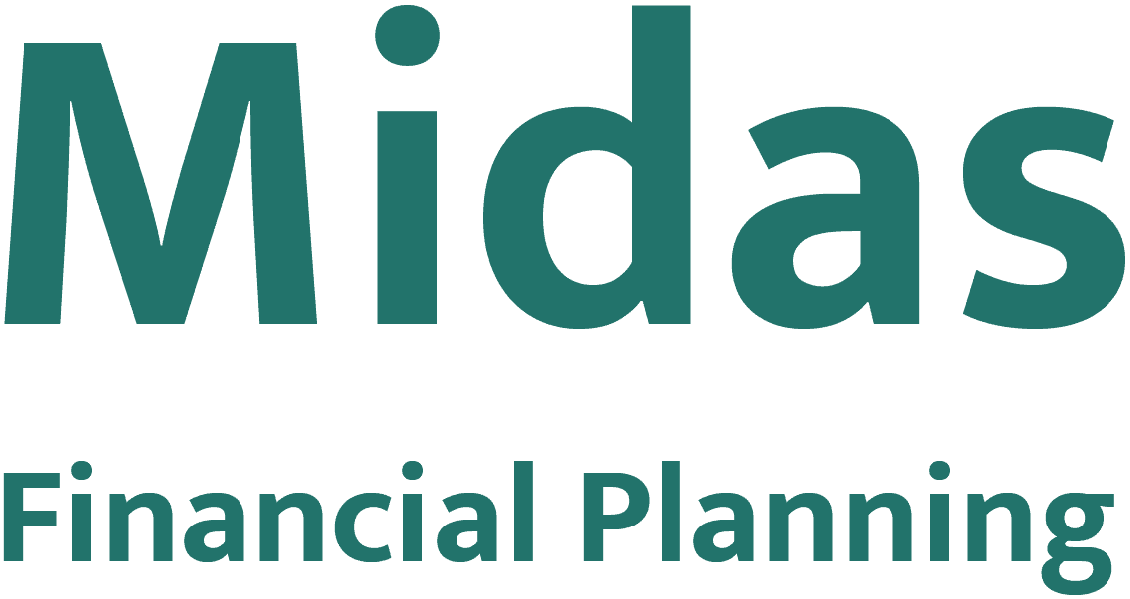Self-employed Mortgages
- Access to competitive rates and some you can't get direct
- Specialist Advisers
- We work with variety of providers
What's On This Page?
Get In Touch
Home » Self-employed Mortgages

Self-employed Mortgages
Charlie Connolly joins us to talk us through how the mortgage process works for the self-employed.
Is it hard to get a mortgage if you are self-employed?
I don’t think so – it’s a bit of a myth. As long as you’re able to provide what the lender has asked for in terms of verification of documents, you have as much chance as someone in an employed role.
The only thing that is more difficult is that you have to have been self-employed for typically two years.
What counts as self-employed? What type of mortgage can I get if I am self-employed?
You could be classed as self-employed if you’re a sole trader, part of a partnership, a limited company director or a subcontractor.
If you’re classed as self-employed, you have access to the same mortgages as employed people. Some lenders may even offer exclusive self-employed rates. It’s best to speak to a broker and we’ll be able to advise you further.
How many years do you have to be self-employed to get a mortgage? Can I get a mortgage with only one year of self-employment?
Most lenders require two years’ minimum accounts. Two or three lenders will consider one full year – but I’ll keep those close to my chest! It does mean your options are more limited.
If you have less than one year’s accounts you would need to wait until you have at least a year’s tax calculations and accounts to reflect your self-employed income.
My most recent year’s earnings were less than my average – will this affect my mortgage application?
If your most recent year is less than previous it could potentially impact your application. The lender will want an explanation. They could also ask for a prediction of your current year, which could support your application if it is better than your previous year.
How much can you borrow as a self-employed person? How many times my salary can I borrow for a mortgage as someone who is self-employed?
It really depends on what you’re earning. Typically you’re allowed to borrow around four and a half times your income. During the Covid years lenders reduced the maximum borrowing potential. You used to be able to borrow up to five times. But with lenders being more cautious, it’s around 4.5 times at the moment. [podcast rercorded in
Can I get a 95% mortgage if I’m self-employed?
Yes, there are no restrictions on what Loan to Value you can have just because you’re self employed. It’s exactly the same as if you’re in an employed role.
What proof of earnings do I need for a mortgage as somebody who is self-employed?
Proof of earnings for a self-employed applicant can vary from application to application as it depends on what type of self-employed work you do.
Lenders can also have slightly different requirements based on their individual criteria, regardless of your income. You will always need to provide ID and proof of address when you apply for a mortgage. To prove your income, the documents you need may vary depending on your type of self-employment.
If you’re a limited company director, most lenders will use salary and dividends to support your mortgage application. A few may be willing to consider your net profit after corporation tax. You will need the past two or three years’ certified accounts, tax calculations and tax year overviews. You’ll need to provide your last three months’ bank statements, and lenders may ask for a projected income and business plan if you have a shorter trading history or want to use the latest figures.
If you’re part of a partnership, we can only use income derived from your own part of the business, where you own 25% or more. Your share of the net business profits will be used. To prove your income, the lender is likely to need your tax calculations, tax year overviews and business bank statements.
For a sole trader, providing evidence is a little bit more straightforward. You will need to provide two or three years’ tax calculations and tax year overviews. If you do want to use your latest year’s figures, a lender may ask for the projected income and business plans.
Finally, we have subcontractors also known as CIS workers. It can be a little bit more tricky to work out their income, as some lenders view this on an employed basis and some view it as self-employed. Again, we would need the last three to six months pay slips in this instance and take an average of these figures.
Typically, you would be able to borrow a little bit more on an employed basis. If you went through the self-employed route, the majority of lenders would view you as a sole trader and go off the last two or three years’ tax calculations and overviews.
Using a broker will allow you to find a lender that best suits your financial situation. This will help you avoid any pitfalls and maximise your chances of gaining the best mortgage deal that suits you. For example, some lenders will only look at the income you have taken out of your business while others will look at the net profit in your latest year’s accounts.
Speak To an Expert
How will a lender calculate my self-employed mortgage earnings?
Lenders typically work out your earnings off your net profit figure. They would average this over the last two years or go off the latest year if it’s higher. If you’re a limited company director they would use salary and dividends and typically take an average of the last two years. They may also go off the later year, if higher.
A couple of lenders will go off salary and net profit after corporation tax which again could be more favourable in some circumstances. So speak to your broker for advice on the option that would be better for you, especially if you want to stretch to higher borrowing.
What documents will I need to provide for a self-employed mortgage?
Basically, we’d need your current ID, proof of address and to prove your income we need certified accounts and the last two years’ tax calculations and tax year overviews. We also need your bank statements.
Certain lenders may also ask for projected income and business plans if you have a shorter trading history, or to use the latest year’s figures if they are more favourable.
Do self-employed people have to pay higher mortgage rates?
No, not necessarily. An application is looked at as a whole and each lender has different criteria. There are many factors that could mean you pay a higher mortgage rate, from affordability and credit score to your employment details. You won’t necessarily pay a higher rate. It’s down to the whole application, not just because you’re self-employed.
Can I get a joint mortgage if I’m a self-employed worker?
Of course. If you’re self-employed and your partner is employed, there’s no reason why you can’t get a mortgage together. The same is true if you’re both self-employed. You need to meet the criteria which we’ve already discussed – so you need at least one year’s full books.
I’ve recently gone from being employed to self-employed. How soon until I can get a mortgage?
Effectively, we need one full year’s accounts which just reflect your self-employed income. As soon as you have that, it could be worth going to speak to a broker and see if they’re able to help.
Do self certification mortgages still exist?
No, self-certification mortgages no longer exist. They stopped back in the 2000s.
Can I get a guarantor mortgage if I’m self-employed?
Yes, you’re able to get a guarantor mortgage if you’re self-employed. If you’re looking specifically for a guarantor mortgage I would make sure you advise your broker as early as possible, because there are only a limited number of lenders that will consider this.
By making them aware as early as possible they will know which lenders to approach and how they can explore your options on that basis.
Can I use shared ownership if I’m self-employed?
Yes. Being self-employed doesn’t stop you from using government schemes and shared ownership is one of those. If you meet the requirements for this scheme, you can use it just like anyone else.
Can I get a Buy to Let mortgage if I’m self-employed?
In fact, for a Buy to Let mortgage, sometimes you don’t even need to evidence your income. You could effectively have a Buy to Let mortgage without a year’s accounts. It just means we’ve got a really restricted lender pool to choose from.
A Buy to Let mortgage is classed as a self-financing mortgage, so speak to your broker and there could be a lender to help.
How does remortgaging work if I’m self-employed again?
Not really, there’s nothing really that changes between a remortgage, a purchase or a home mover mortgage. You still need to provide the basic requirements which we’ve already discussed.
Will being self-employed with bad credit affect my mortgage deposit?
No, I don’t believe so. If you’re self-employed with bad credit you’ve got just as good a chance as anyone else.
I would suggest you obtain a credit file from a credit agency prior to seeing your mortgage broker. We will then be able to advise and speak to specialist lenders. We can also advise on how you can improve your credit score to put you in a better position in the future.
How can I get a mortgage as the director of a limited company?
You can get a mortgage as a limited company director – it’s no different to any other individual. Lenders would work out your limited company income by going off salary and dividends, as we’ve always already touched on.
However, there are some specialist lenders who consider your share of the company’s net profit. This could be before or after corporation tax. This can make a considerable difference in affordability calculation and the maximum loan amount available.
How do you get a self-employed mortgage?
If you’re self-employed, using a mortgage broker can really help you. We will find a lender that best suits your personal circumstances. We help you avoid any pitfalls and achieve the highest value mortgage deal.
Some lenders will only look at the income you’ve taken out of your business while others will look more broadly at the net profit in your latest year’s accounts.
YOUR PROPERTY MAY BE REPOSSESSED IF YOU DO NOT KEEP UP WITH YOUR MORTGAGE REPAYMENTS.
